B REQUIRED... "VOLUNTARY"
According to current regulations, the Ministry of Education and Training prohibits extra teaching and learning for primary school students. This is explained by the fact that primary school students already study 2 sessions/day, and the 2018 General Education Program also requires students to study all day at school.
However, in Hanoi today, primary school is the level where students have to study the hardest with too many subjects and extracurricular activities being included in schools. Some places include them in the timetable, others leave them outside of school hours, but schools have many ways to openly teach extra classes in school.
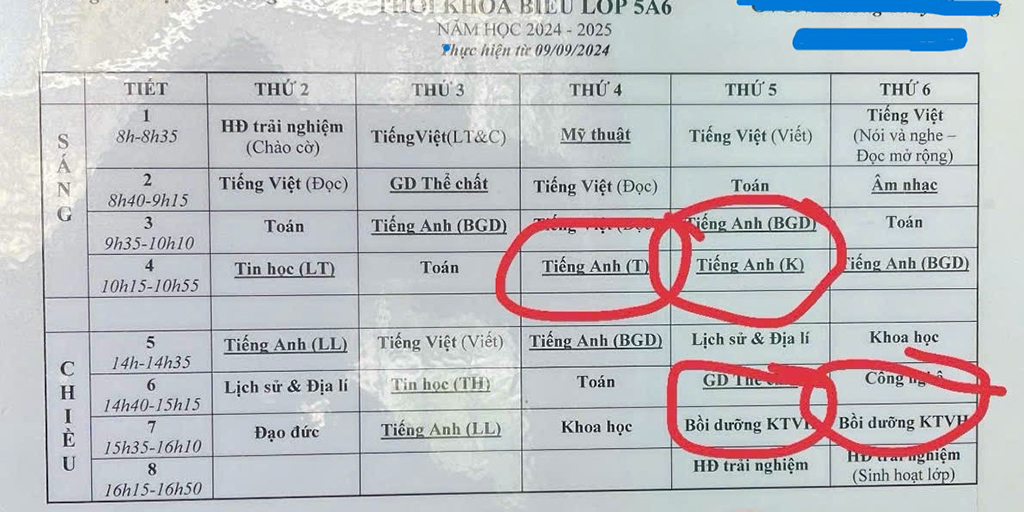
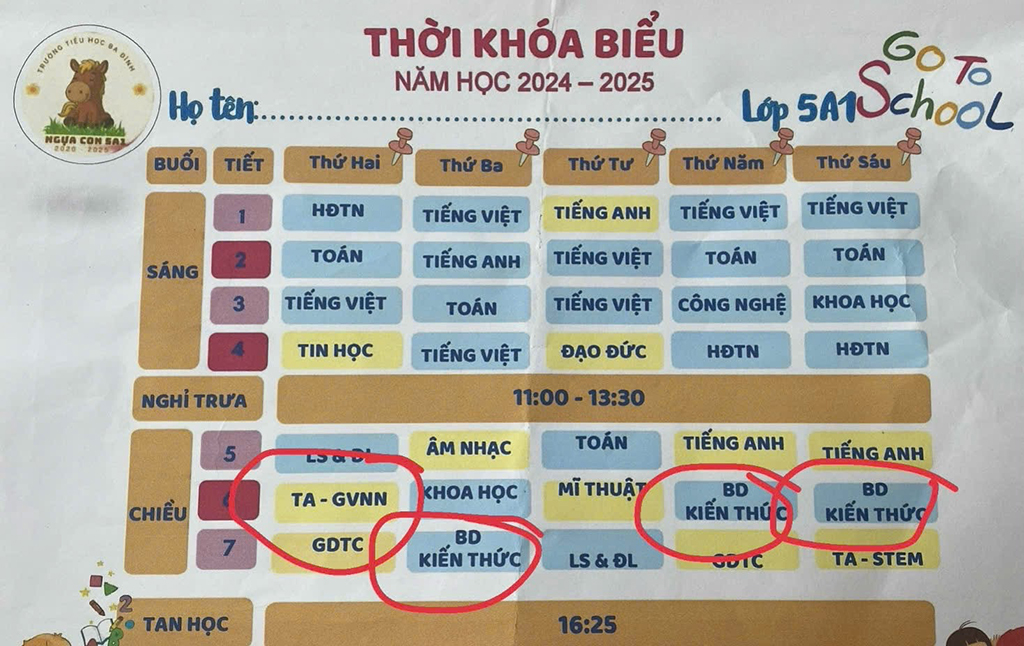
Class timetables include voluntary and joint subjects, causing frustration for parents.
A parent whose child attends primary school in Hoang Mai district shared that their child attends two sessions a day, with the goal of reducing the workload so that each session the child does not have to study too many lessons, but in reality the school is integrating too many subjects in conjunction with outside centers, and then providing care outside of regular school hours.
If the school schedule is correct, the children will finish school at 3:55 p.m. every day, but the school has opened other "voluntary" activities, so the children will finish school at 5:00 p.m., except on Fridays. Parents understand that whether or not their children take extra classes is voluntary, but in the parent-teacher meeting at the beginning of the school year, the teacher did not mention whether the students were taking extra classes or were required to register. The teacher printed out a blank sheet of paper for each parent and read it to the parents, who copied it like dictation to register their children for these extra classes, even though they did not know how much the fees were. "In order to reduce the amount of school time in a day for the children, my family "boldly" did not register my children for 2 extra classes for after-school care. After receiving the family's application, the teacher called many times to persuade the parents to let their children take these 2 classes, putting the family in a very difficult situation," the above parent reported.
Another parent whose child attends Thuy Linh Primary School (Hoang Mai District) said that her child is only in first grade, but at the beginning of the school year, the teacher gave her 5 English books and forced her to study them because they were interspersed between subjects. If the family did not allow her to study them, she would have to go out of class at that time.
Similarly, a parent in the same district said that her child had to learn a lot of English every week, including 2 English lessons, 2 English math lessons, and 2 STEM English lessons. "Last year, these subjects were scheduled in the late afternoon. Those who did not study had to leave at 4:10 p.m.; those who did had to stay until 4:45 p.m., so many students did not study. This year, the study sessions were moved to the late morning, and the children's school schedule was semi-boarding, so they had to study them all," the parent said.
N MANY "STRANGE" SUBJECTS
Not being allowed to organize extra classes for primary school students, primary schools have many "strange" names for this form, such as "knowledge enrichment service". Thanh Cong A Primary School (Hanoi) teaches English, math, foreign English, and cultural knowledge enrichment during regular school hours; Van Phuc Primary School teaches subjects called enhanced English, knowledge enrichment; math enrichment service, Vietnamese enrichment service...
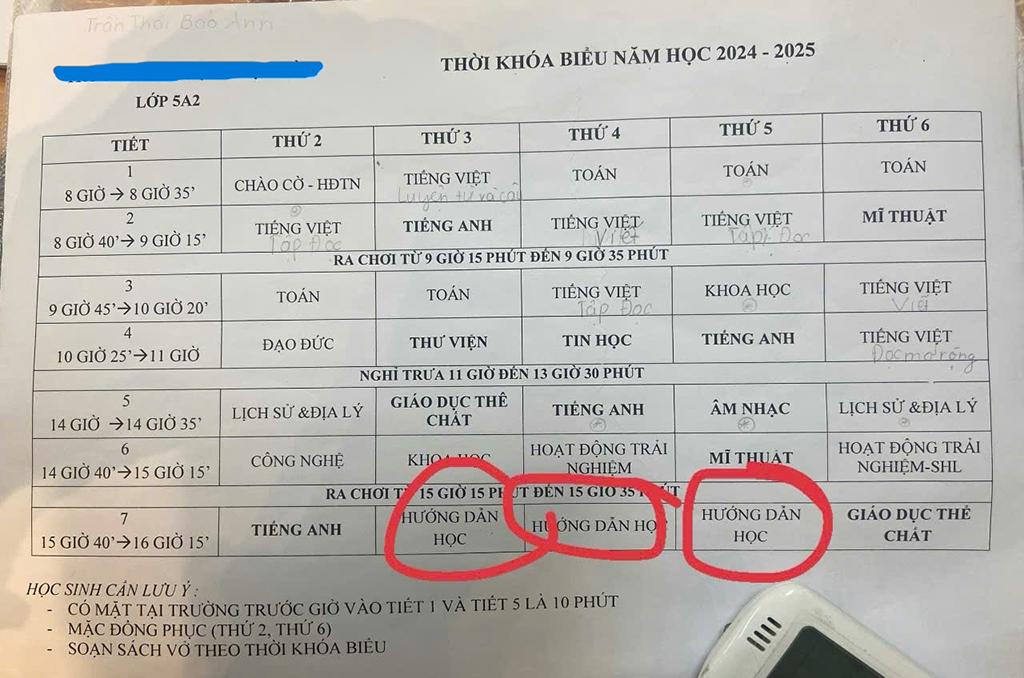
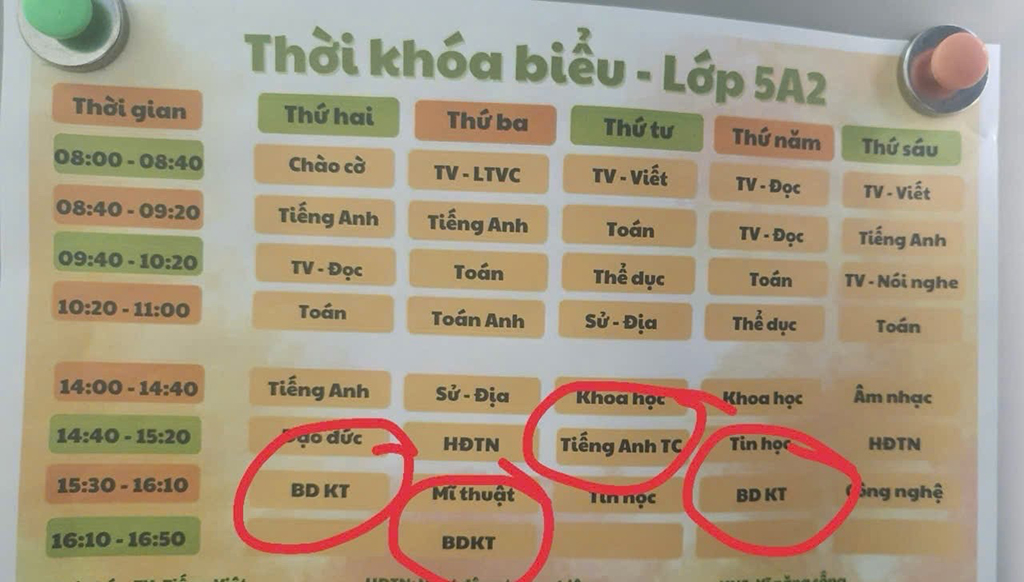
It is not allowed to organize extra classes for primary school students, so primary schools have many "strange" names for this form.
Even the associated subjects are given "nicknames" by some schools that only insiders can understand. K.D Primary School (Hanoi) inserts associated English into the main curriculum but is coded as "English T", "English K", "English LL"; and the English of the main curriculum is coded as "English BGD"... In addition to associated English, this school also teaches 2 business periods called knowledge enrichment, collecting 120,000 VND/student/month for the homeroom teacher. Subject teachers have to teach period 7, so they react: Why can the homeroom teacher teach extra classes during the main curriculum while the subject teacher has to teach the last period?... In some schools, subject teachers reported that homeroom teachers were paid more than 4 million VND/month for teaching extra classes, while teachers of "additional subjects" were paid 500,000 VND/month, called "comfort" in the name of movement expenses...
TUITION FREE BUT ALL AMOUNT MUST BE PAYABLE
On the parent forum in Hanoi, many parents are upset that although primary schools are tuition-free, they still have to pay all the fees. In previous years, the fee for the second session was 100,000 VND/month. This year, according to the regulation that studying 2 sessions/day is mandatory in primary schools, schools are not allowed to collect the fee for the second session. However, if business and service classes are not included, some schools charge each student 120,000 VND/month for "knowledge supplement"; some call this fee "knowledge supplement for subjects". Reducing one fee makes up for another, so in reality, parents have to pay more.
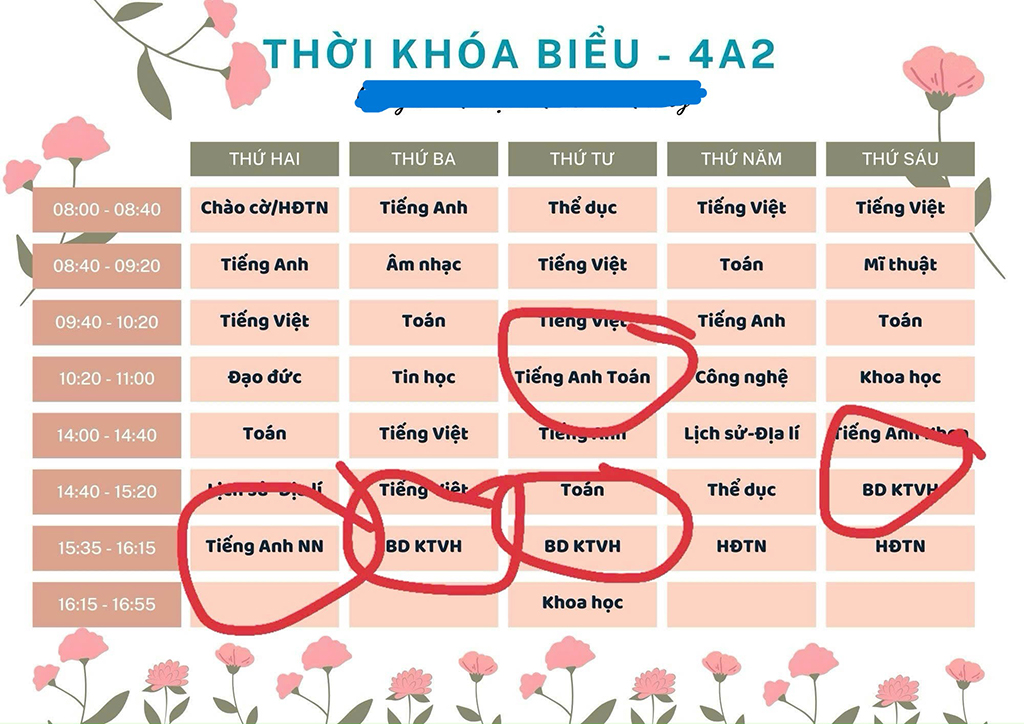
The schedule between the main and associated programs is interwoven.
Some parents even said that they do not have to pay tuition fees, but in addition to meals and boarding care, there are also other expenses such as: life skills education services 288,000 VND/student/month; extracurricular education services, cultural subjects knowledge enrichment 144,000 VND/student/month; English familiarization and support 150,000 VND/student/month; STEM Robotics integrated English 180,000 VND/student/month...
C PROBLEM OF IMPLEMENTATION
Not to mention whether bringing educational services into schools is good or not, but it is worth mentioning that the way schools do it is not good at all. According to the regulations of the Ministry of Education and Training, primary school students do not study more than 7 periods/day. If the school arranges 4 periods in the morning, 3 periods in the afternoon, students leave school from 3:30 pm to 4:00 pm, this time is appropriate. However, many schools arrange 5 periods in the morning, 2 periods in the afternoon, children must leave from 2:30 pm to 3:00 pm. During this time, most parents have difficulty arranging work to pick up their children. Therefore, schools spend this time organizing extra periods, parents who cannot pick up their children at that time and also want to "go along" with the school's wishes can register their children for extra periods, services...
Meanwhile, some facilities say that they do not want to insert joint classes into the regular curriculum, but sometimes the reason is due to the joint unit. A head of the Department of Education and Training in an inner-city district of Hanoi said that the joint teaching unit often signs contracts with many schools but does not arrange enough teachers if all schools require teaching these subjects outside of regular school hours. Therefore, many schools have to arrange alternating timetables, even though they know it is against the regulations.
Should schools only teach core curriculum?
Many parents complain that they are tired of the voluntary, joint subjects/educational activities "sneaking" into schools. When public opinion reacts, the management agency takes action, the schools stop for a while and then go back to the way they were. Too tired, some parents sent a "letter" to Thanh Nien Newspaper, hoping that the Ministry of Education and Training will ban the introduction of extracurricular and joint subjects into schools. Schools should just implement the subjects according to the official curriculum prescribed by the Ministry of Education and Training. Any student or parent who wants their child to take extra classes or study any subject can freely choose outside centers and services that are suitable to the requirements and contribution capacity of each family, and do not cause unnecessary resentment.
Dr. Dang Tu An, former Director of the Department of Primary Education (Ministry of Education and Training), Director of the Vietnam Education Innovation Support Fund, said that a principle that must be followed is that voluntary subjects must have their own timetables. Because it is voluntary learning, it is very rare for 100% of students in the class or school to participate. Organizing teaching outside of regular school hours, the location can be inside or outside the school. Schools need to have a specific plan to manage and organize appropriate activities for students who do not participate in voluntary learning; balance voluntary learning time to avoid overloading students and not being pressured for management work. Schools also need to pay attention to the tuition fees of students, with exemptions and reductions for students in difficult circumstances.
It is necessary to clearly distinguish between voluntary and compulsory forms of teaching, and space and time must be arranged so that they do not overlap.
Source: https://thanhnien.vn/day-hoc-tu-nguyen-lien-ket-ngay-cang-tinh-vi-185241015215850052.htm








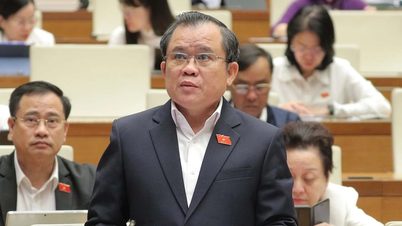




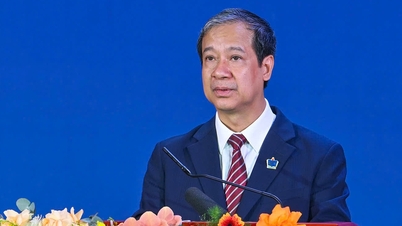


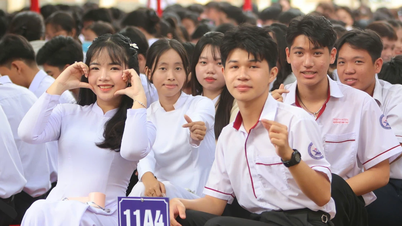

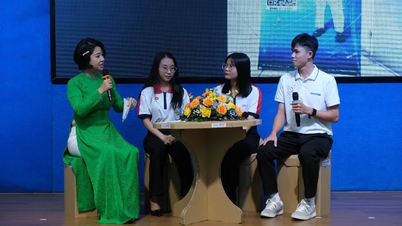

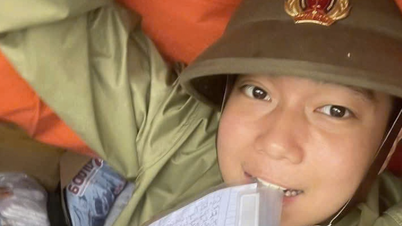



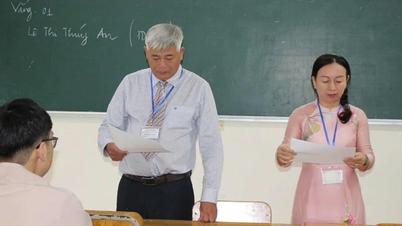

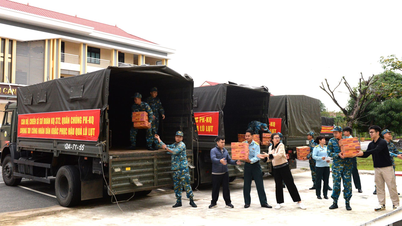

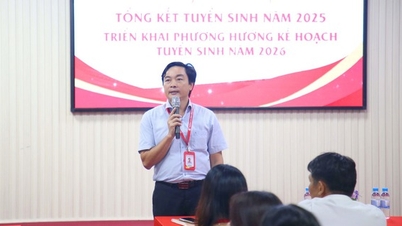




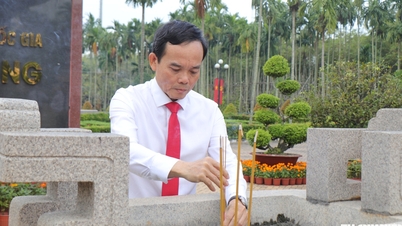
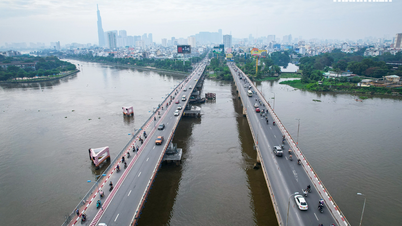
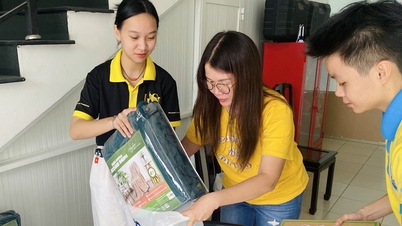




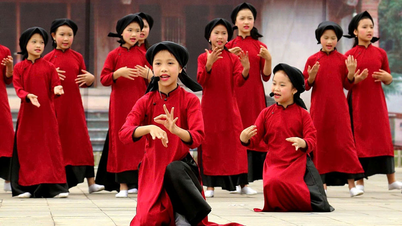
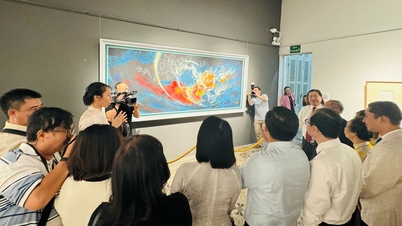






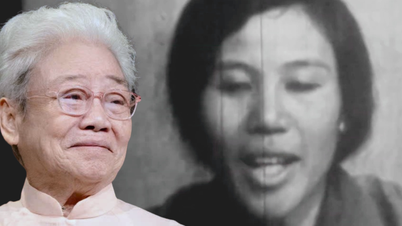
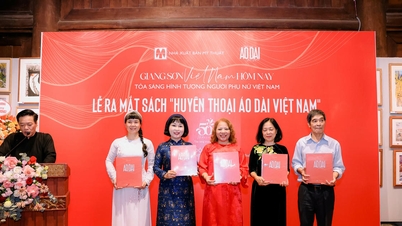
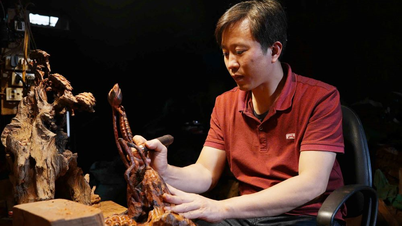
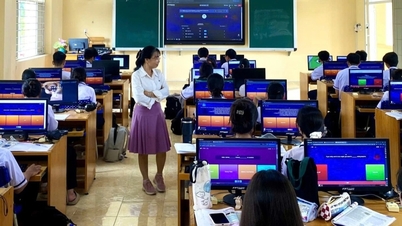
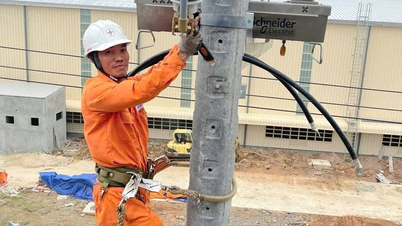

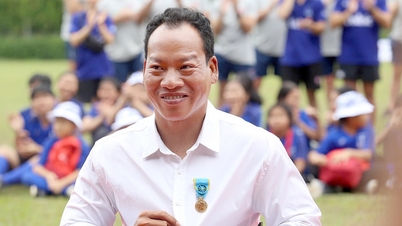
















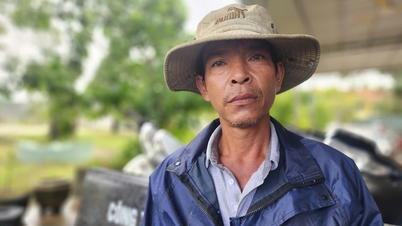

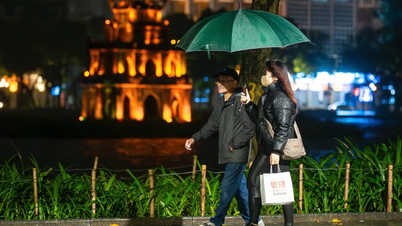





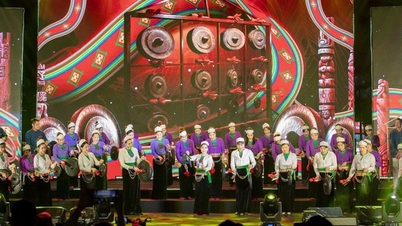



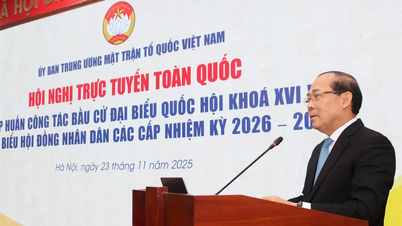
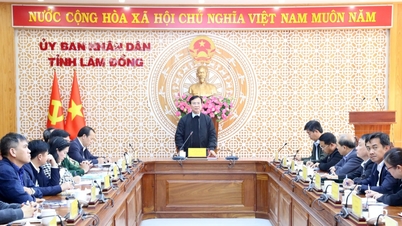

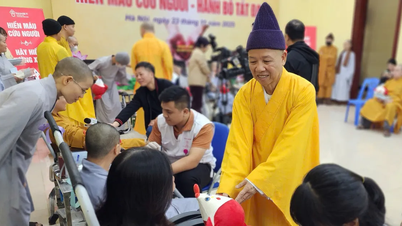



















Comment (0)